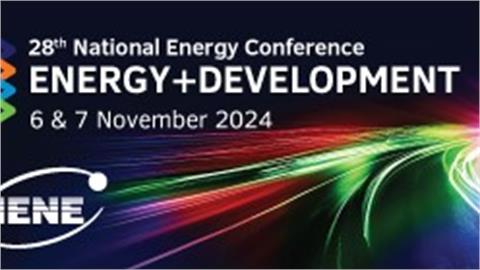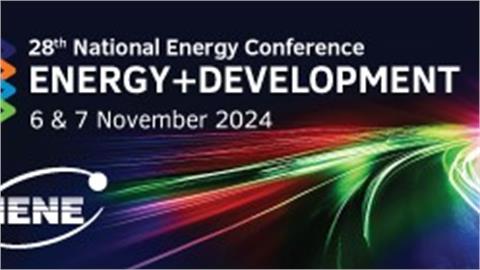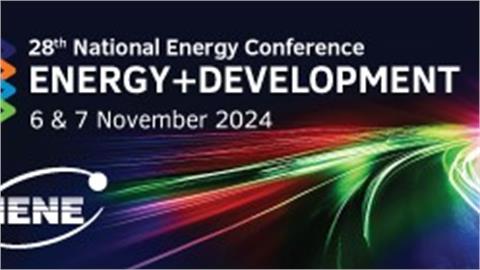IENE’s latest study was published in the context of the public consultation on the Lignite Fair Transition Development Plan The multiple benefits of the energy transition at local and national level, the adaptation capacity of the lignite areas, but also a series of good practices and necessary interventions for the successful implementation of the government backed de-lignification plan are highlighted, among others, in the study conducted by the Institute of Energy for South-East Europe (IENE). The study forms part of the supporting material of the Fair Development Plan for Lignite Areas, which was recently put to public consultation. The purpose of the study entitled "Current situation and Prospects for energy transition areas in Greece" - which was undertaken by IENE upon assignment of the Coordinating Committee of the Plan - was to contribute towards the preparation of the Master Plan of de-lignification, but also to the “2021-2027 Fair Development Transition Operational Program”.
IENE’s latest study was published in the context of the public consultation on the Lignite Fair Transition Development Plan
The multiple benefits of the energy transition at local and national level, the adaptation capacity of the lignite areas, but also a series of good practices and necessary interventions for the successful implementation of the government backed de-lignification plan are highlighted, among others, in the study conducted by the Institute of Energy for South-East Europe (IENE). The study forms part of the supporting material of the Fair Development Plan for Lignite Areas, which was recently put to public consultation. The purpose of the study entitled "Current situation and Prospects for energy transition areas in Greece" - which was undertaken by IENE upon assignment of the Coordinating Committee of the Plan - was to contribute towards the preparation of the Master Plan of de-lignification, but also to the "2021-2027 Fair Development Transition Operational Program”.
The study describes in detail the current situation in the areas under energy transition, with the immediate decoupling of electricity generation from fossil fuels, such as lignite and oil, which is already under way. The study focuses on the existing energy potential and the corresponding infrastructure, the economy, employment and existing business activities in the areas under consideration. Thus, the possibilities and prospects that exist in the assigned areas for job creation and economic development in a lignite-free environment are identified. At the same time, IENE’s research sheds light on the real costs of attachment to lignite. According to a series of analyses, if the current fleet of lignite power plants remains as it is, then over the next 3.5 years the lignite industry will accumulate losses of up to € 1.3 billion, an unbearable cost for PPC and the national economy, and a burden to the environment and public health.
The IENE study focuses on the energy transition in the regions of Western Macedonia, Megalopolis, the Aegean islands and Crete. The proposed interventions in the specific areas include a series of actions and projects, such as installation of RES units (photovoltaic, solar thermal systems, wind turbines and biomass), electricity storage systems, restoration of areas where PPC mines and lignite units currently operate, creation of new industrial activities, such as manufacturing of batteries, production of battery chargers, assembly of electric vehicle parts and development of hydrogen production units, and more. Also, the maintenance of district heating in the specific areas, with the use of biomass or natural gas, is expected to play a particularly important role, while the study also emphasizes the special importance of a revised spatial planning which is needed in order to clarify the permitted activities and land uses, taking into account the needs of de-lignification.
Furthermore, research and innovation are highlighted by the study as two key areas where new activity in the areas under consideration could focus. In this context the role of the University of Western Macedonia is regarded as crucial, as it could lead research into relevant fields and at the same time develop innovative, exportable products, but also undertake the intensive training of redundant and/or new personnel from the regions under consideration, in order to facilitate transition for the local communities.
The IENE study, having as its main goal the creation of jobs and the protection of the environment, refers to the actions required for the implementation of the Plan’s projects and for the support of local communities. Finally, examples are given of good practices that have been applied in other countries around the world which have followed decarbonization policies, and can be useful as a guide in the broader effort to achieve transition in a carbon free environment for regions in Greece.




